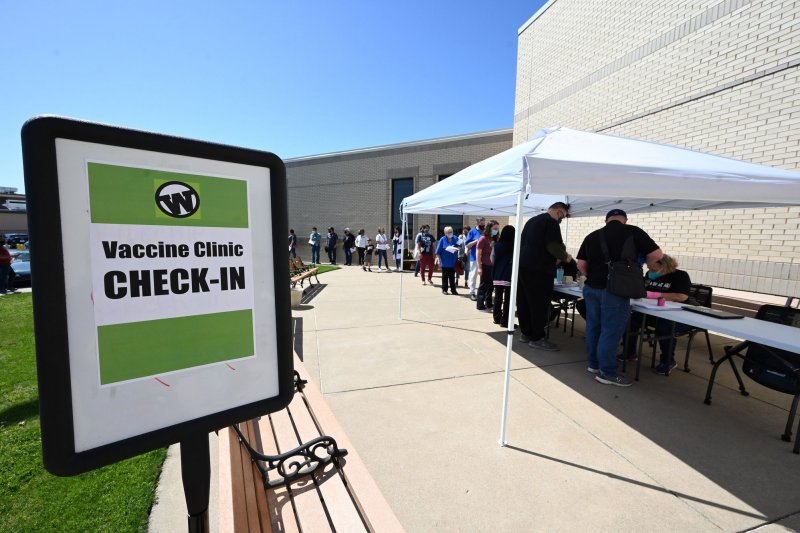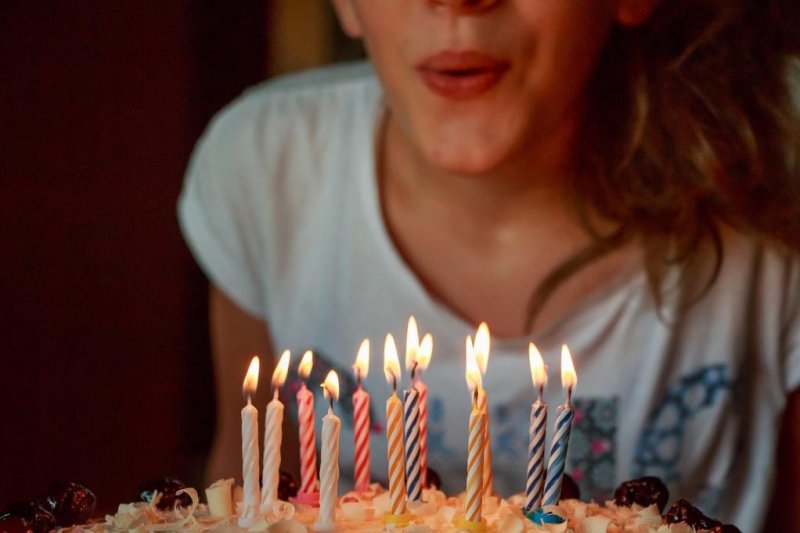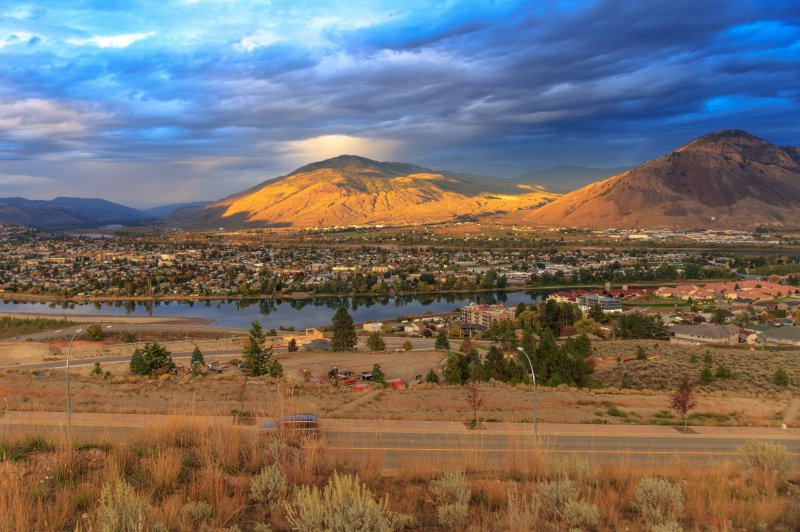
© Cowessess First Nation Don Bolen, the Archbishop of Regina, said words fail him with news of the discovery of an estimated 751 unmarked graves at a former residential school in Saskatchewan.
The discovery of the unmarked graves was made at the site of the former Marieval Residential School on the Cowessess First Nation, east of Regina.
Don Bolen, the archbishop of Regina, said words fail him with news of the discovery.
Read more: Estimated 751 unmarked graves found at former Saskatchewan residential school
“I can only imagine the pain and waves of emotion that you and your people are experiencing right now,” he said in an open letter to the people of Cowessess First Nation and Chief Cadmus Delorme.
“I know that apologies seem a very small step as the weight of past suffering comes into greater light, but I extend that apology again.”
Bolen apologized two years ago to Cowessess First Nation for the failures and sins of the church toward the Cowessess peoples.
He pledged to turn Thursday’s apology into “meaningful, concrete acts.”
“Including assisting in accessing information that will help to provide names and information about those buried in unmarked graves — and to stand by you in whatever way you request.”
Delorme said he spoke with Bolen prior to Thursday’s announcement.
“What we are going to be doing now is we are going to be putting names to these unmarked graves,” he said.
“Don (Bolen) has been to the site a few times and has committed to helping with what we want.”
Bolen said residential schools have left many people deeply wounded and said the truth of the past needs to come out as part of the reconciliation process.
“The gravesite work brings us face to face with the brutal legacy of the Indian residential school system, a product of a colonialist history which has left so much suffering and intergenerational trauma,” Bolen said.
“Even for those of us who were not there or not involved, it is nonetheless the painful legacy that we need to carry.”
Read more: ‘Terribly saddened’ — Trudeau laments residential school graves discovery in Saskatchewan
He said the findings of the unmarked graves by ground-penetrating radar impacts the archdiocese on a deeper level due to the relationship it has with Cowessess.
“Several Cowessess members have been involved in the Archdiocese of Regina’s Commission for Truth and Reconciliation, or have worked with us on projects trying to address the Calls to Action.
“Because of that network of relationships, we feel even more intensely the overwhelm of this moment.”
Delorme also called on Pope Francis to apologize.
“The pope needs to apologize for what has happened to the Marieval Residential School,” Delorme said.
“An apology is one stage of many in the healing journey.”
Video: Cowessess First Nation Chief calls for Pope to apologize for church’s role in residential schools
It follows a similar call following the discovery of the remains of 215 children in unmarked graves at the former Kamloops Indian Residential School.
Both schools were run by the Catholic Church.
Pope Francis said on June 6 that he was following the news of the finding in Kamloops “with pain,” but stopped short of an apology.
The national assembly of Catholic bishops in Canada is preparing to send a delegation of Indigenous people to the Vatican for a visit with Pope Francis to discuss Canada’s residential school system and the role the Catholic Church played.
Bolen said the delegation is scheduled to meet with the Pope before the end of the year.
“It would allow Indigenous people to speak directly to Pope Francis for him to hear them and then to respond,” he said.
“I strongly support that that effort and trust that the Pope will speak from his heart.”
Video: Indigenous groups, bishops will meet with the Pope: Archbishop of Regina
Anyone experiencing pain or distress as a result of their residential school experience can access the 24-hour, toll-free and confidential National Indian Residential School Crisis Line at 1-866-925-4419
An additional crisis line has been set up for local community members in light of this news, and can be reached at 306-522-7494.
— With files from Sean Boynton
The discovery of the unmarked graves was made at the site of the former Marieval Residential School on the Cowessess First Nation, east of Regina.
Don Bolen, the archbishop of Regina, said words fail him with news of the discovery.
Read more: Estimated 751 unmarked graves found at former Saskatchewan residential school
“I can only imagine the pain and waves of emotion that you and your people are experiencing right now,” he said in an open letter to the people of Cowessess First Nation and Chief Cadmus Delorme.
“I know that apologies seem a very small step as the weight of past suffering comes into greater light, but I extend that apology again.”
Bolen apologized two years ago to Cowessess First Nation for the failures and sins of the church toward the Cowessess peoples.
He pledged to turn Thursday’s apology into “meaningful, concrete acts.”
“Including assisting in accessing information that will help to provide names and information about those buried in unmarked graves — and to stand by you in whatever way you request.”
Delorme said he spoke with Bolen prior to Thursday’s announcement.
“What we are going to be doing now is we are going to be putting names to these unmarked graves,” he said.
“Don (Bolen) has been to the site a few times and has committed to helping with what we want.”
Bolen said residential schools have left many people deeply wounded and said the truth of the past needs to come out as part of the reconciliation process.
“The gravesite work brings us face to face with the brutal legacy of the Indian residential school system, a product of a colonialist history which has left so much suffering and intergenerational trauma,” Bolen said.
“Even for those of us who were not there or not involved, it is nonetheless the painful legacy that we need to carry.”
Read more: ‘Terribly saddened’ — Trudeau laments residential school graves discovery in Saskatchewan
He said the findings of the unmarked graves by ground-penetrating radar impacts the archdiocese on a deeper level due to the relationship it has with Cowessess.
“Several Cowessess members have been involved in the Archdiocese of Regina’s Commission for Truth and Reconciliation, or have worked with us on projects trying to address the Calls to Action.
“Because of that network of relationships, we feel even more intensely the overwhelm of this moment.”
Delorme also called on Pope Francis to apologize.
“The pope needs to apologize for what has happened to the Marieval Residential School,” Delorme said.
“An apology is one stage of many in the healing journey.”
Video: Cowessess First Nation Chief calls for Pope to apologize for church’s role in residential schools
It follows a similar call following the discovery of the remains of 215 children in unmarked graves at the former Kamloops Indian Residential School.
Both schools were run by the Catholic Church.
Pope Francis said on June 6 that he was following the news of the finding in Kamloops “with pain,” but stopped short of an apology.
The national assembly of Catholic bishops in Canada is preparing to send a delegation of Indigenous people to the Vatican for a visit with Pope Francis to discuss Canada’s residential school system and the role the Catholic Church played.
Bolen said the delegation is scheduled to meet with the Pope before the end of the year.
“It would allow Indigenous people to speak directly to Pope Francis for him to hear them and then to respond,” he said.
“I strongly support that that effort and trust that the Pope will speak from his heart.”
Video: Indigenous groups, bishops will meet with the Pope: Archbishop of Regina
Anyone experiencing pain or distress as a result of their residential school experience can access the 24-hour, toll-free and confidential National Indian Residential School Crisis Line at 1-866-925-4419
An additional crisis line has been set up for local community members in light of this news, and can be reached at 306-522-7494.
— With files from Sean Boynton

/https://www.thestar.com/content/dam/thestar/news/canada/2021/06/24/first-nation-finds-751-unmarked-graves-on-site-of-former-saskatchewan-residential-school/_1_cowessess_first_nation_2_web_1536x864.jpg)
/https://www.thestar.com/content/dam/thestar/news/canada/2021/06/24/first-nation-finds-751-unmarked-graves-on-site-of-former-saskatchewan-residential-school/marieval.jpg)
/https://www.thestar.com/content/dam/thestar/news/canada/2021/06/24/first-nation-finds-751-unmarked-graves-on-site-of-former-saskatchewan-residential-school/_2_na_sask_discovery24_7_.jpg)
/https://www.thestar.com/content/dam/thestar/uploads/2021/06/24/jfj30120868-0.jpg)
/https://www.thestar.com/content/dam/thestar/news/canada/2021/06/24/first-nation-finds-751-unmarked-graves-on-site-of-former-saskatchewan-residential-school/na_sask_discovery24_4_.jpg)
/https://www.thestar.com/content/dam/thestar/news/canada/2021/06/24/first-nation-finds-751-unmarked-graves-on-site-of-former-saskatchewan-residential-school/na_sask_discovery24_2_.jpg)
/https://www.thestar.com/content/dam/thestar/news/canada/2021/06/24/first-nation-finds-751-unmarked-graves-on-site-of-former-saskatchewan-residential-school/na_sask_discovery24_5_.jpg)






